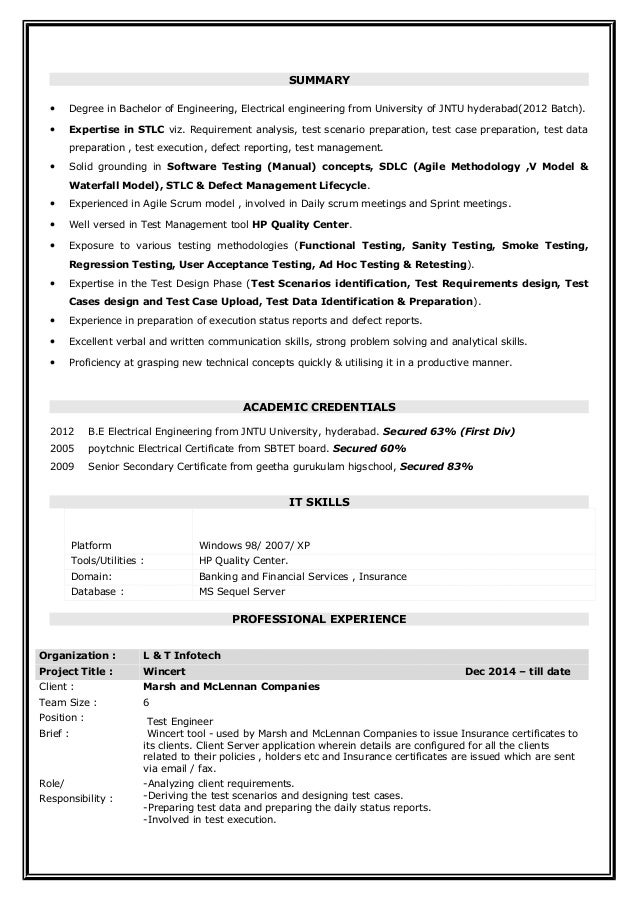
1s Professional Po Platforme 83 Testi
Welcome to SML's On-Line Ordering System: E-Platform. E-Platform is the global SML web ordering platform offering customers and SML employees the ability to place and process orders through one centralized system.
The contents of articles or advertisements in The Clinical Biochemist – Reviews are not to be construed as official statements, evaluations or endorsements by the AACB, its official bodies or its agents. Statements of opinion in AACB publications are those of the contributors. Print Post Approved - PP25. © 2005 The Australasian Association of Clinical Biochemists Inc. No literary matter in The Clinical Biochemist – Reviews is to be reproduced, stored in a retrieval system or transmitted in any form by electronic or mechanical means, photocopying or recording, without permission. Requests to do so should be addressed to the Editor. ISSN 0159 – 8090.
The volume of point-of-care testing (PoCT) has steadily increased over the 40 or so years since its widespread introduction. That growth is likely to continue, driven by changes in healthcare delivery which are aimed at delivering less costly care closer to the patient’s home.
In the developing world there is the challenge of more effective care for infectious diseases and PoCT may play a much greater role here in the future. PoCT technologies can be split into two categories, but in both, testing is generally performed by technologies first devised more than two decades ago. These technologies have undoubtedly been refined and improved to deliver easier-to-use devices with incremental improvements in analytical performance. Of the two major categories the first is small handheld devices, providing qualitative or quantitative determination of an increasing range of analytes. Best of bowie 2 cd rar download free. The dominant technologies here are glucose biosensor strips and lateral flow strips using immobilised antibodies to determine a range of parameters including cardiac markers and infectious pathogens.

The second category of devices are larger, often bench-top devices which are essentially laboratory instruments which have been reduced in both size and complexity. These include critical care analysers and, more recently, small haematology and immunology analysers. New emerging devices include those that are utilising molecular techniques such as PCR to provide infectious disease testing in a sufficiently small device to be used at the point of care. This area is likely to grow with many devices being developed and likely to reach the commercial market in the next few years. Introduction The dominant model of laboratory testing throughout the world remains the centralised laboratory in which more and more of the analytical processes are automated to enable the analysis of large numbers of samples at relatively low cost. This trend is well established in biochemistry and haematology and is now extending to other disciplines including microbiology and anatomical pathology. However healthcare is changing, partly as a result of economic pressures, and also because of the general recognition that care needs to be less fragmented and more patient-centred.